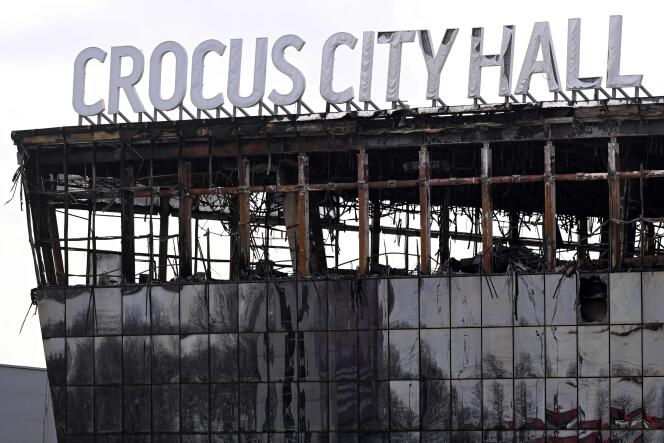


The implication of Ukrainian involvement in the violent attack on Crocus City Hall on Friday, March 22, was only hinted at in the immediate aftermath. However, this quickly became an ironclad truth within Russia, with all top officials encouraged to acknowledge it as fact.
"Was it the Islamic State [organization] or Ukraine?" a journalist asked Security Council Secretary Nikolai Patrushev, standing in a hallway on Tuesday, March 26. The answer was as brief as it was unequivocal: "Of course Ukraine." On the same day, Prosecutor General Igor Krasnov echoed this theory, taking a cue from former President Dmitry Medvedev and other lower-level officials.
Once the "truth" had been established, the next step was to formally accuse the West of being complicit. Previously, only the regime's most zealous propagandists had hinted at this, basing their claims on warnings from the US government about the threat of an imminent attack on a theater.
On Tuesday, Bortnikov, head of the FSB (the chief security agency), was unambiguous on this matter. "We think the act was prepared by both radical Islamists and, naturally, facilitated by Western special services. And Ukraine's special services themselves have a direct connection to this."
Bortnikov also claimed, without specifying where he got the information, that the alleged assailants − arrested on Saturday, according to Moscow, in an area bordering Ukraine and Belarus − had been on their way to Ukraine and would have been "greeted as heroes." It was only later in the evening that the head of the FSB said that it was information given by the suspects, who had been openly tortured, which supported the "Ukrainian lead." He also confirmed that his services had been warned by Washington of an imminent attack on places of mass gathering and had taken "appropriate measures."
Russian President Vladimir Putin set the tone the day before, speaking at the opening of a government meeting. While he admitted, for the first time, that "the crime was carried out by the hand of radical Islamists," he warned that "what is of interest to us is who ordered it." He immediately offered a response, saying that the "atrocity may be just a link in a whole series of attempts by those who have been at war with our country since 2014 by the hands of the neo-Nazi Kyiv regime." In the rhetoric of Russia, this means the West.
"And the Nazis, as is well known, never disdained to use the most dirty and inhumane means to achieve their goals," said Putin, equating the March 22 terrorist attack with the attack on the Crimean bridge, Kyiv's bombing of the Belgorod border region and Ukraine's strikes against "civilian energy infrastructure."
You have 39.53% of this article left to read. The rest is for subscribers only.
